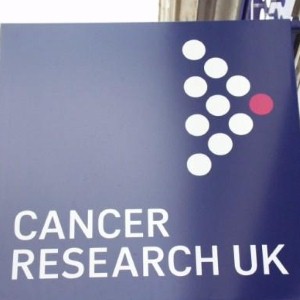Thursday 29th December 2011

Doctors and those in biomedical science jobs have been looking for new ways of identifying the spread of cancer through the body and now researchers believe they have found a gene that increases the risk of pancreatic cancer.
It is thought that mutations in the ATM gene can raise the chance of the deadly disease being passed on through a family. Having a better knowledge of how the gene works will give doctors a better chance of spotting it at the screening stage. Many doctors use endoscopy as a screening tool for pancreatic cancer, but researchers are still evaluating this technique in clinical trials.
Pancreatic cancer is one of the deadliest strains of the disease, with less than five per cent of people diagnosed with the condition surviving. While many strains of cancer now have an improved survival rate, the pancreatic branch of the disease has remained the same and, according the NHS, figures give the patient two to three months to live once diagnosed. Approximately ten per cent of patients come from families with multiple cases of pancreatic cancer.
The team at the Sidney Kimmel Comprehensive Cancer Centre in Philadelphia used next-generation sequencing, including whole genome and whole exome analyses, and identified ATM gene mutations in two samples which had been passed through the family.
When the initial findings were examined in a large series for patients, ATM mutations were present in four of 166 subjects with pancreatic cancer but were absent in 190 of the close family.
Alison Klein, Ph.D., lead author and associate professor of oncology at the centre, said: "There was significant reason to believe this clustering was due to genetics, but we had not, to this point, been able to find the causative genes that explained the cluster of pancreatic cancer for a majority of these families."
Written by Angela Newbury

http://www.mediplacements.com/article-801251686-gene_identified_that_increases.html
No comments:
Post a Comment